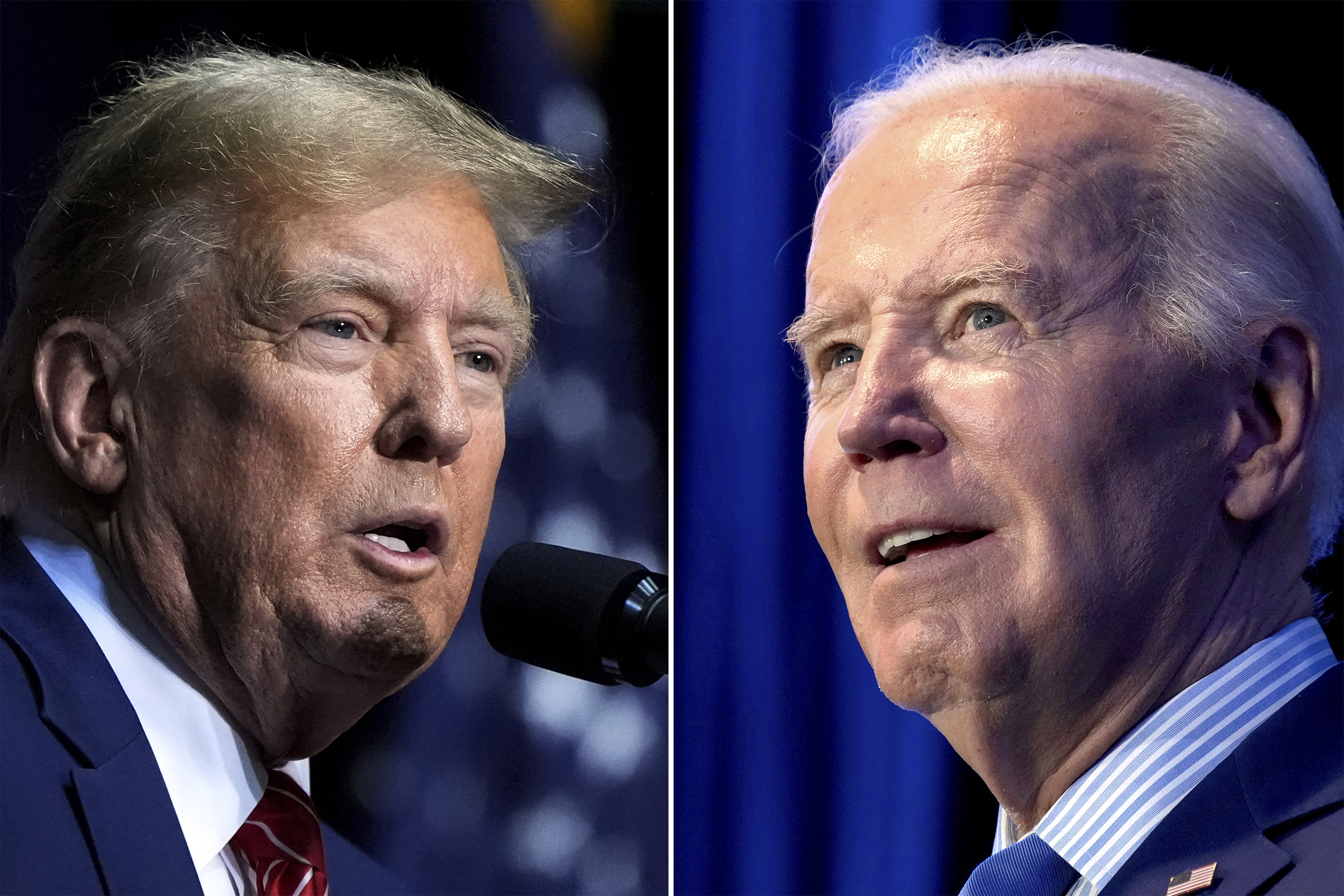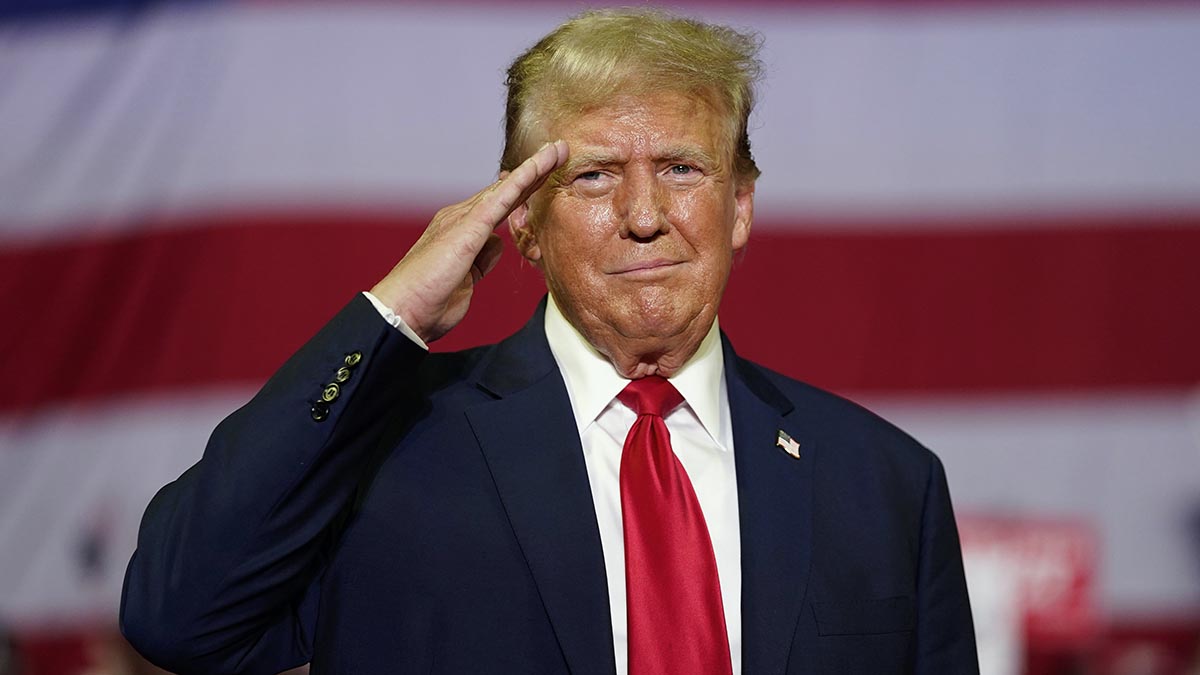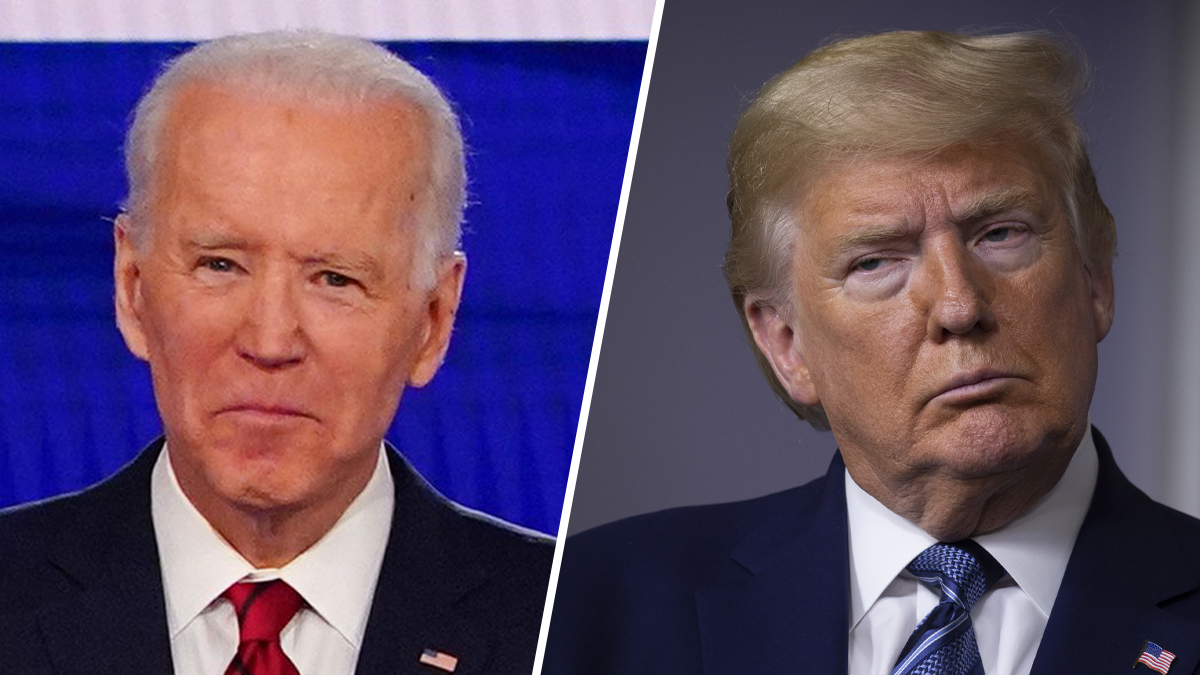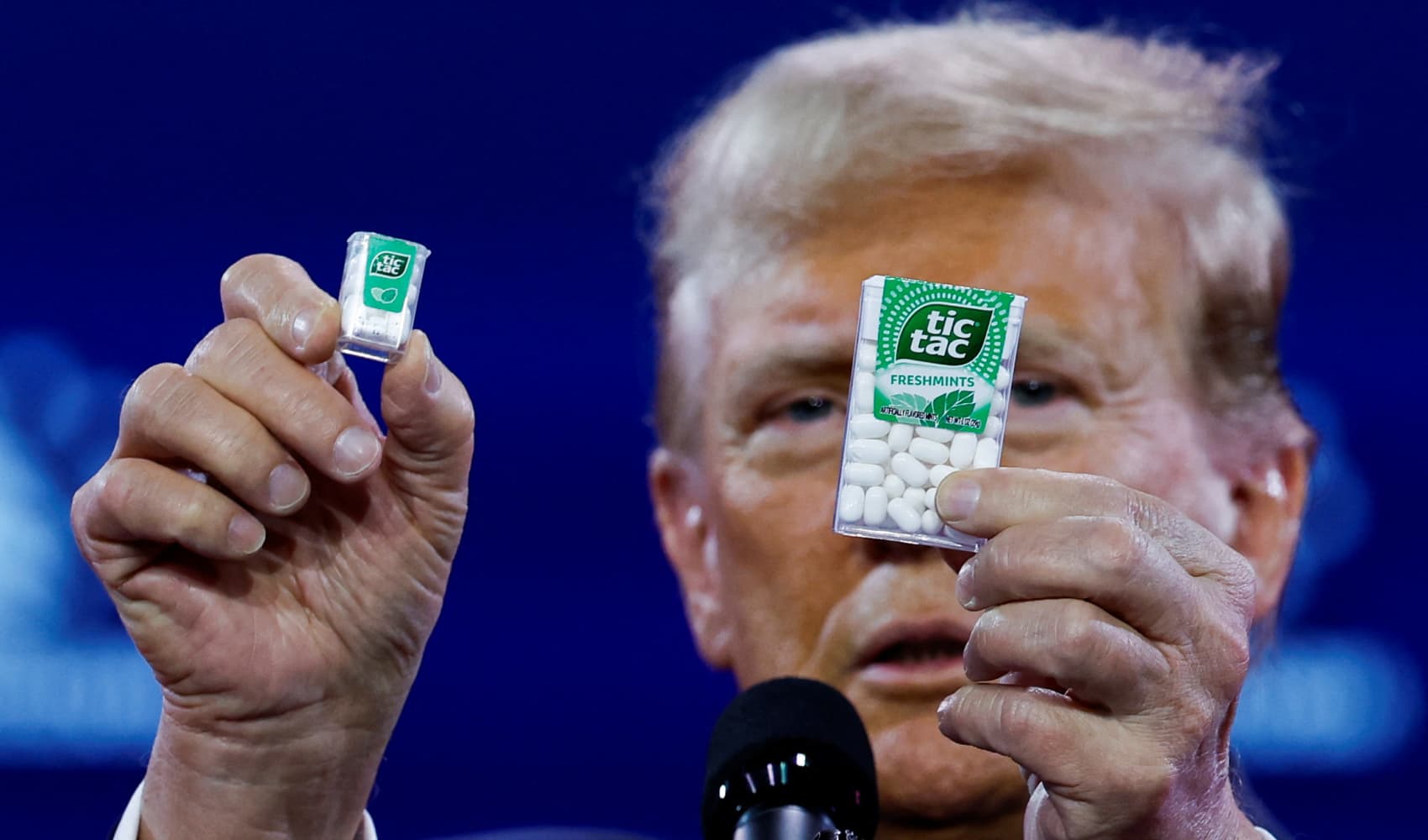
Foreign policy is supposed to be a specialty of President Joe Biden, but in the debate Thursday with Donald Trump, he could easily find himself thrown on the defensive.
Two wars began on Biden’s watch, an opening for Trump to argue that despite Biden’s ample experience and global contacts as a former senator and vice president, the world seems a more dangerous place now than when Trump left office, some foreign policy experts argue.
It’s a simple argument that obscures many of the complicating realities of Russia’s invasion of Ukraine and Israel’s war with Hamas. Biden assembled an international coalition that kept Russia from marching straight into Kyiv, and he supplied needed weapons to Israel after Hamas’s surprise attack on Oct. 7.
Twice the sitting president put himself in jeopardy by traveling to war zones in Kyiv and Tel Aviv.
Yet in a 90-minute debate defined by rapid-fire questions and snappy retorts, Biden may find it difficult to muster a persuasive response in real-time.
Anticipating what Trump might say, Richard Goldberg, a former national security official in his administration said: “‘The world is on fire today. It wasn’t on fire when I was president. My policy was peace through strength.’”
One way Biden might try to parry arguments along these lines would be pivoting to Trump’s term when his own aides feared he would pull out of the NATO alliance and weaken European governments in the face of Russian leader Vladimir Putin’s expansionist intentions, some experts said.
“It’s a tricky debate for Biden on foreign policy,” said Lewis Lukens, who was a U.S. diplomat for 30 years and is now a senior partner with Signum Global Advisers.
If he were advising Biden, Lukens added, “I would stress that Trump’s approach to the world makes the world less stable and not more stable. The challenge for Biden is that the two wars that are now going on weren’t going on when Trump was president. Trump will just say, ‘Look at the evidence; you’re wrong.’ ”
Feeling out of the loop? We'll catch you up on the Chicago news you need to know. Sign up for the weekly Chicago Catch-Up newsletter here.
Foreign policy is seldom front-and-center in presidential races. In this case, though, Trump’s possible return to power could realign the post-World War II order.
He has made plain his personal regard for some of the world’s autocrats, including Putin, Xi Jinping of China and Kim Jong-un of North Korea.
At the same time, Trump has disparaged leaders of democratically-run countries in Europe. Since leaving the White House, he has gone so far as to threaten not to come to their defense unless they meet their financial obligations to NATO.
“To say that Europe is distressed about the possibility of a Trump victory would be massively understating the case,” said Leslie Vinjamuri, director of the U.S. and Americas program at Chatham House, an international affairs think tank in London. “They’re terrified here.”
Appearing before the United Nations in 2018, Trump boasted of his administration’s accomplishments, eliciting laughter from some in the audience.
All this arms Biden with a trove of material that Trump may have his own troubles deflecting.
“Trump would destroy the trans-Atlantic alliance that has protected the peace for 80 years,” said Jeremy Bash, who was chief of staff at both the CIA and the Defense Department during Barack Obama’s administration. “He would capitulate to Putin. He has explicitly said that he would end the war [in Ukraine] in 24 hours, and the only way you can do that is to yank the rug out from NATO and withdraw Americans support from Ukraine.”
One issue likely to come up at the debate is the war in Afghanistan. It cuts both ways for Biden. He pulled U.S. forces out in 2021 and ended a 20-year-old conflict that had grown unpopular at home. But the withdrawal led to a tragedy at the Kabul airport: a terrorist attack killed 13 U.S. service members helping with the evacuation.
Biden can argue that he was simply abiding by a peace agreement that Trump had forged in 2020. That argument may fall flat, though, given the chaotic scenes at the airport as his administration executed a withdrawal.
"Trump's answer on almost any foreign policy question with respect to something bad that's happened is that it wouldn't have happened if he were president," said John Bolton, a national security adviser in the Trump White House who later had a falling out with the ex-president. "That, of course, is an unprovable point one way or another."
As for Afghanistan, Bolton continued, “What Trump will focus on is the debacle at the Kabul airport. He would say, ‘I could have done better.’ It’s another of those unprovable claims. But he’s just going to assert it.”
The debate will test both men’s capacity to deliver their lines in succinct, memorable fashion. Neither speaks with particular fluidity when not reading from a script. Given pervasive concerns about Biden’s age, he may be under more pressure than Trump to deliver a commanding performance.
“The Democrats need to be able to count on President Biden to be able to pull this off,” Vinjamuri said. “And if the debate doesn’t go well, people are very concerned that it’s getting to the point where it’s too late for the Democrats.”
This story first appeared on NBCNews.com. More from NBC News:





